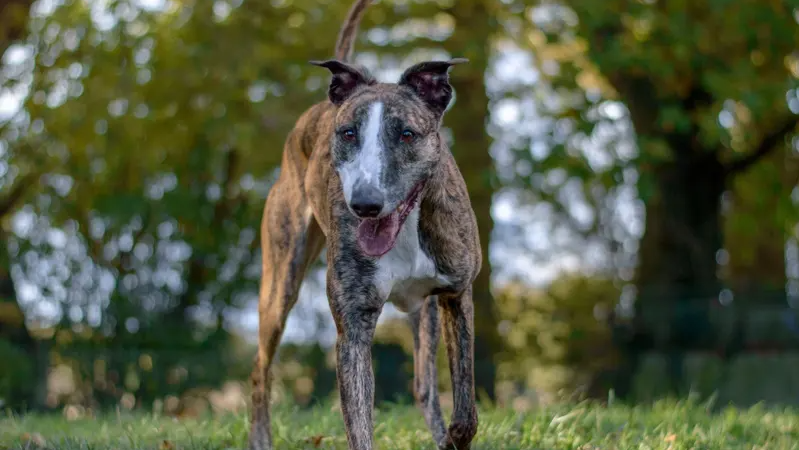Deadly dog virus 'rises every year since lockdown'
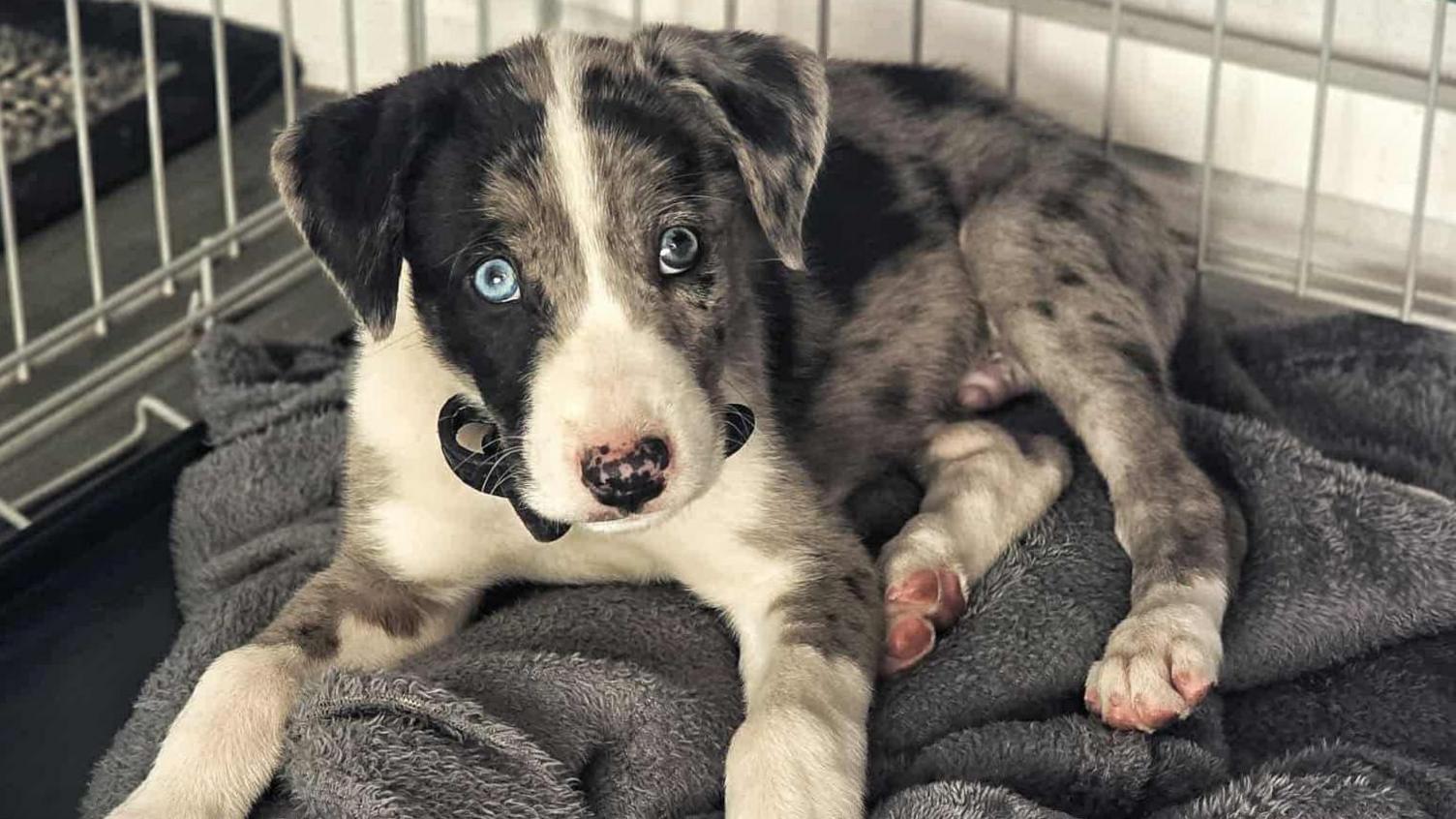
Moose was 12 weeks old when he died from parvovirus
- Published
Dog owners have been warned to get their pets vaccinated against the deadly parvovirus as cases have reportedly increased over the last four years.
Rose Everett, 29, from Hemlington, lost her 12-week-old puppy just days after he became ill.
Moose stopped showing interest in his food and after 72 hours began constantly vomiting before he died.
Vets in north-east England have reported a yearly increase in the infectious DNA virus - which is most commonly seen in young, unvaccinated dogs - with a potential reason being the increase in the canine population since lockdown.
Ms Everett's dogs started to become ill one after another in June and despite keeping her puppy separate he became gravely unwell.
She said: "I was out with my partner and when we came back I smelt something awful and there was a big pile of blood.
"The sickness was constant, he didn't catch a break, he was just constantly retching."
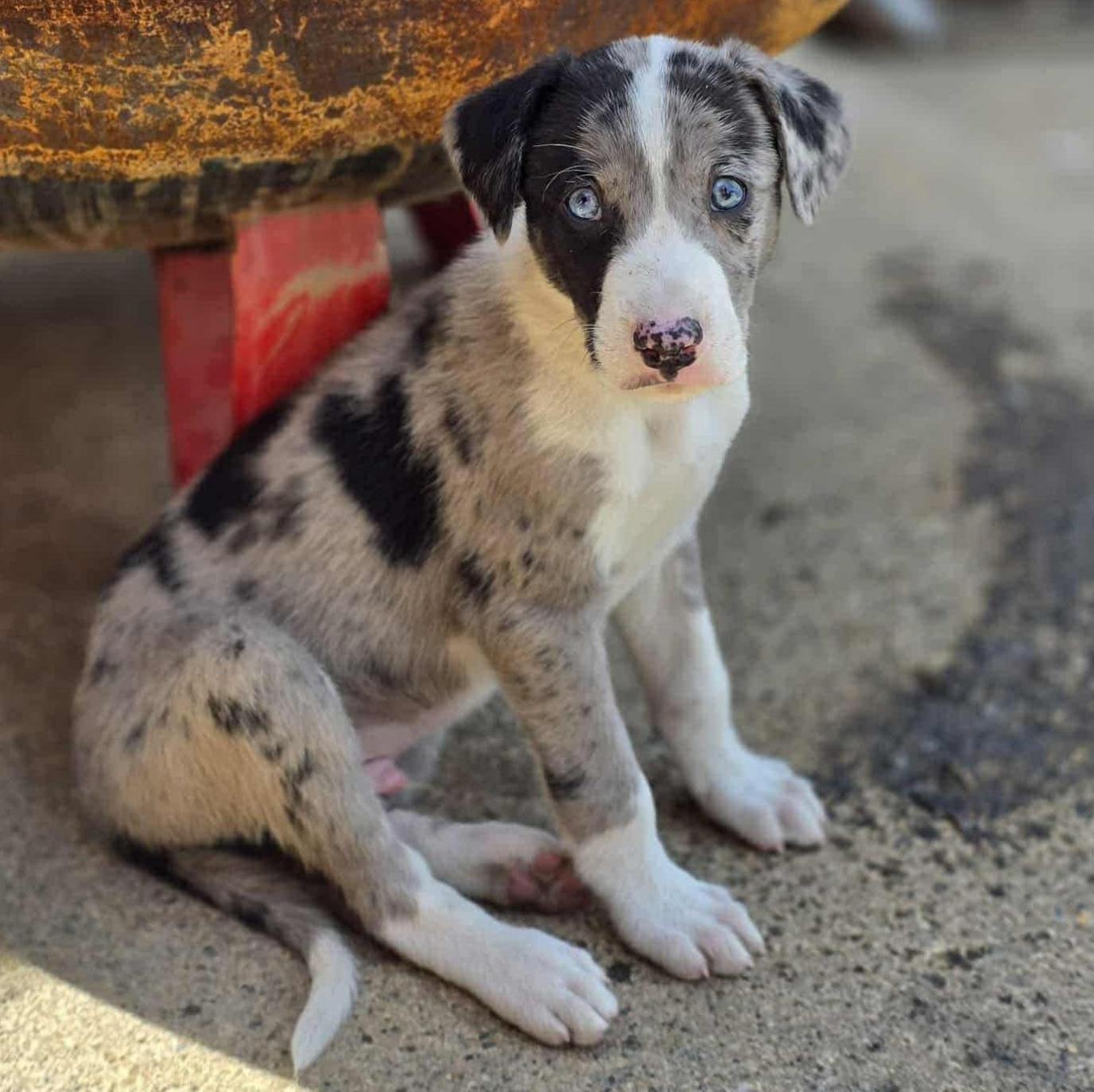
Moose began vomiting three days after displaying symptoms
She rushed Moose to the vet but as they attempted to induce him into a coma there were severe complications and decision was made to end his life.
Ms Everett warned other dog owners to take their pets straight to the vets at the first signs of a loss of appetite.
"It was awful, he was just like a wet rag. I felt awful myself because he had been poorly for three days at that point.
"It didn't cross my mind it might be parvo, I just thought it was another one of them things," she said.
'Not under control'
Vets in Middlesbrough, Stockton and Sedgefield confirmed cases are on the rise across the Teesside area.
Jacqui Paterson, who runs her own veterinary surgery, said she believes lockdown contributed to the re-emergence of the virus.
"We have a much bigger dog population and much lower vaccination levels.
"The problem with parvo is that it can survive on the ground for two years.
"Cases have been increasing over the last four years, it has not been brought back under control since lockdown."
Ben Harris, clinical director at Wear Referrals, highlighted the symptoms of vomiting, diarrhoea and lack of appetite.
"We have seen an increase in the number of dogs being diagnosed with parvovirus locally at the moment.
"If you suspect your pet has parvovirus, it is important to contact your vet as soon as possible."
Follow BBC Tees on X,, external Facebook, external, Nextdoor and Instagram, external.
Get in touch
Do you have a story suggestion for BBC Tees?
Related topics
Related stories
- Published8 March 2023
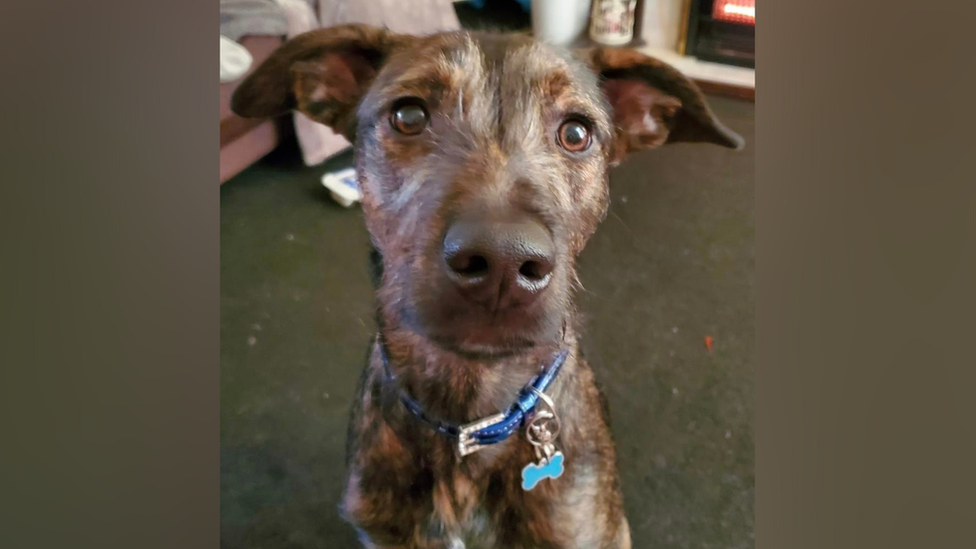
- Published13 September 2024
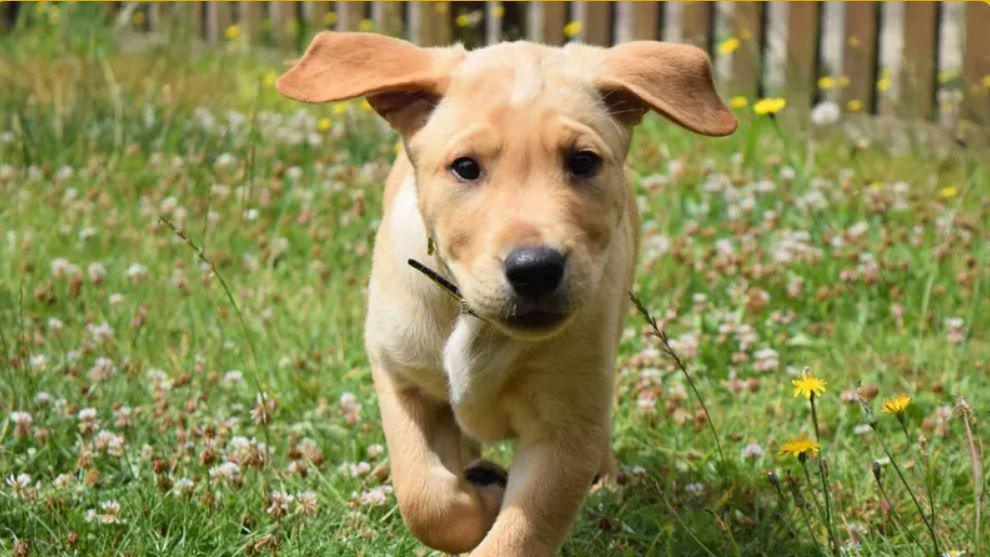
- Published28 September 2024
